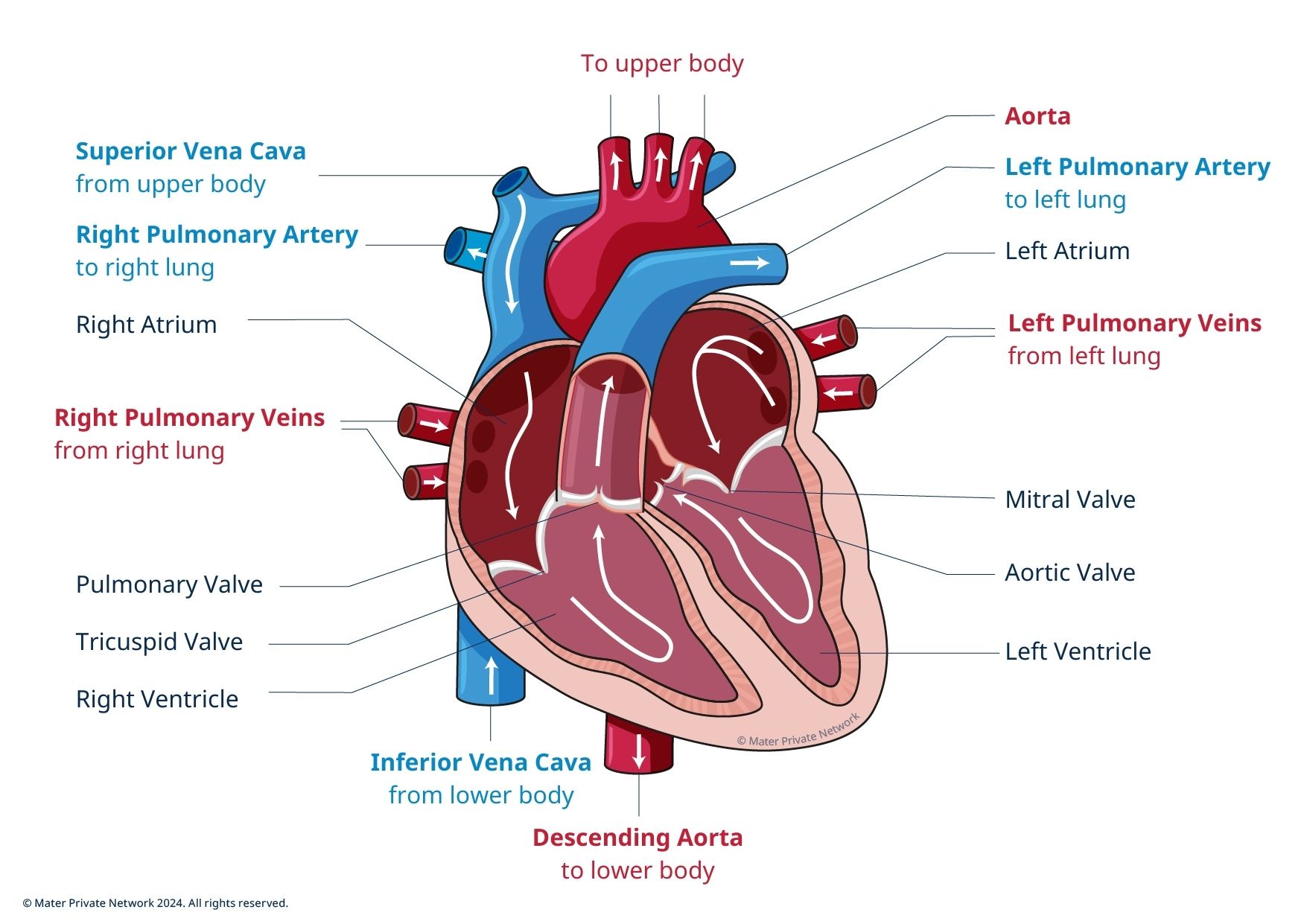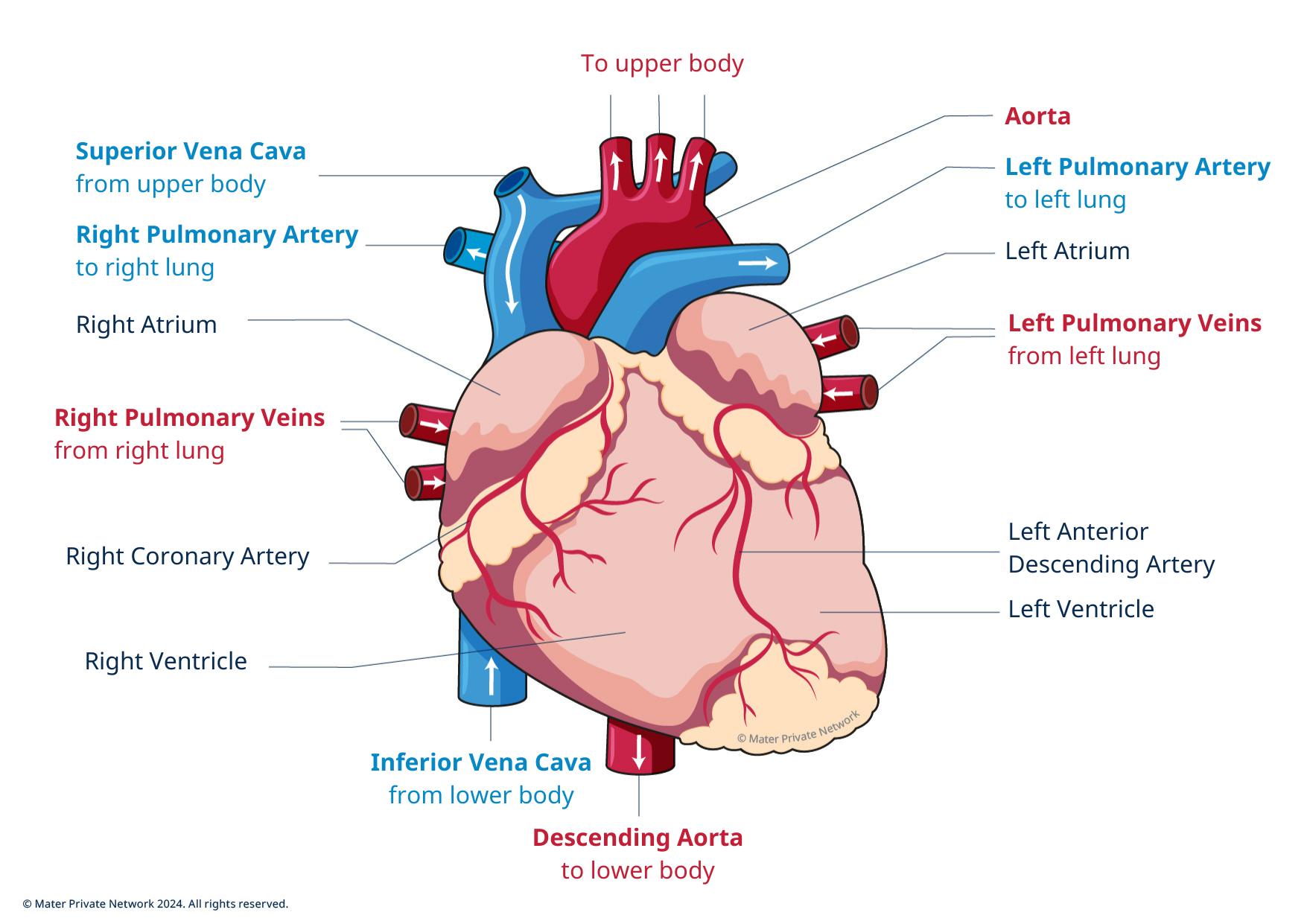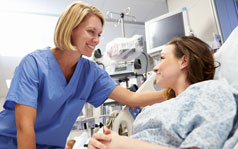Treadmill Stress Test
Contact Us
Request an AppointmentPlease note a referral letter is required before an appointment can be confirmed.
Please note a referral letter is required before an appointment can be confirmed.
Please note a referral letter is required before an appointment can be confirmed.
Useful Information
About this service
A treadmill stress test records the heart's electrical activity, including rate and rhythm, while exercising.
The test is used to determine your likelihood of having coronary artery disease, identify abnormal heart rhythms and help you develop a safe exercise programme.


The procedure
- This test will last about 30 minutes.
- You will first have electrodes placed on the chest, which are then connected via wires to an ECG monitor. The ECG charts your heart's electrical activity, including rate and rhythm, during the test.
- Before you start exercising, your resting heart rate will be measured and your blood pressure taken.
- You will then be asked to walk on a treadmill. The speed and incline of the treadmill will be gradually increased and you will be asked to continue exercising for up to 15 minutes or for as long as you can.
- At regular intervals, you will be asked how you are feeling. Please inform the team if you feel chest, arm or jaw pain, shortness of breath, dizziness, lightheaded, or if you have any other unusual symptoms.
- The ECG monitor will be closely watched for any signs of stress on the heart indicating that the test should be stopped.
- After the test, you will walk slowly for a few minutes to cool down. Your heart rate and blood pressure will continue to be monitored until the levels are returned to normal.
Following the procedure
- You may return to your normal activities for the remainder of the day.
- The results of the test are based on what happens to your blood pressure and heart rate during the procedure; depending on the results, your consultant may recommend additional tests.







.jpg?sfvrsn=bc97231b_1)



